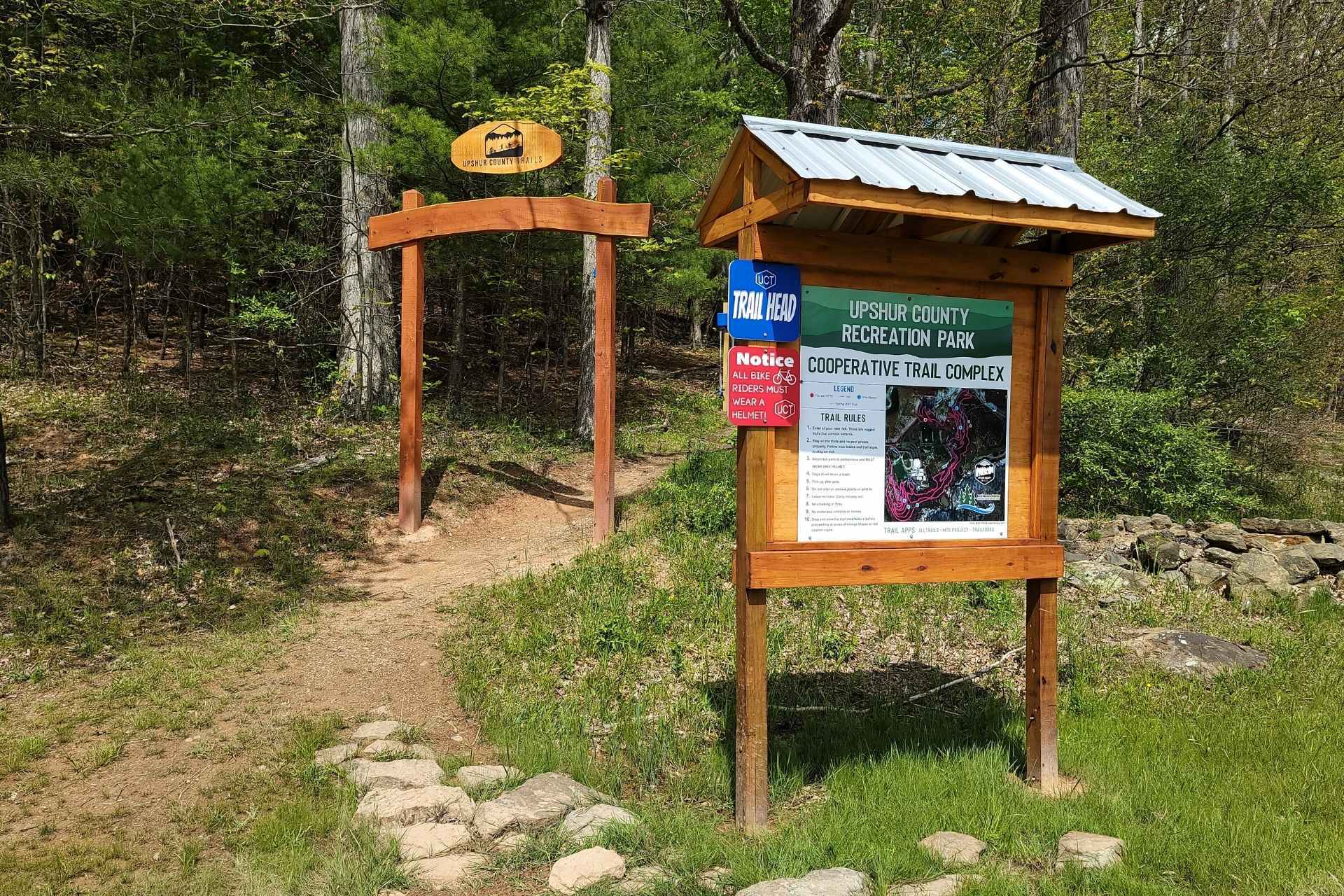SOUTH CHARLESTON, W.VA. — To prevent nuisance bear activity around the state, the West Virginia Division of Natural Resources is asking residents to secure or remove food, pet food, scraps, trash and other bear attractants around their homes.
“Deliberately feeding a black bear is illegal in West Virginia, but people tend to forget that unintentionally feeding a bear can also cause serious problems for humans, their property and our state animal,” said Colin Carpenter, black bear project leader for the WVDNR. “Once a bear gets a taste for human food, they become more of a nuisance and often have to be humanely killed for safety reasons.”
The peak of nuisance bear activity in West Virginia occurs in May and June when natural food sources are scarce.
High-energy foods, such as serviceberries, blackberries, raspberries and blueberries, do not become available until later in the summer, which is why hungry black bears can be found in residential areas in the spring.
“Bears that roam around residential areas are less likely to stay if they do not find anything to eat, so that’s why we remind folks every year to take responsibility for their property by removing or securing food attractants before a bear finds them.”
Tips For Preventing Nuisance Bear Activity
- Keep garbage secure in a garage or storage building and only place cans out for collection on the morning of pick-up, not the night before.
- Seal food scraps that produce an odor in a plastic bag before placing them in the trash.
- Don’t place food scraps in a compost pile during the summer.
- Don’t let outside pet food stay out overnight.
- Take down bird feeders and clean and store them until late fall.
- Store livestock feed in bear-proof containers or inside a secure building.
- Keep bears out of beehives and chicken houses by installing an electric fence.
Feeding bears and wildlife in general should be avoided. Coming into contact with wild animals can transmit diseases, lead to increased predation, result in habitat destruction around the feeding site, cause ethical concerns and harm the animal’s overall health. Carpenter says following practical and common-sense recommendation for reducing human-bear conflicts is the best way to make sure that state’s animals remain wild.
To learn more about black bears and how you can prevent nuisance activity, visit bearwise.org.

















